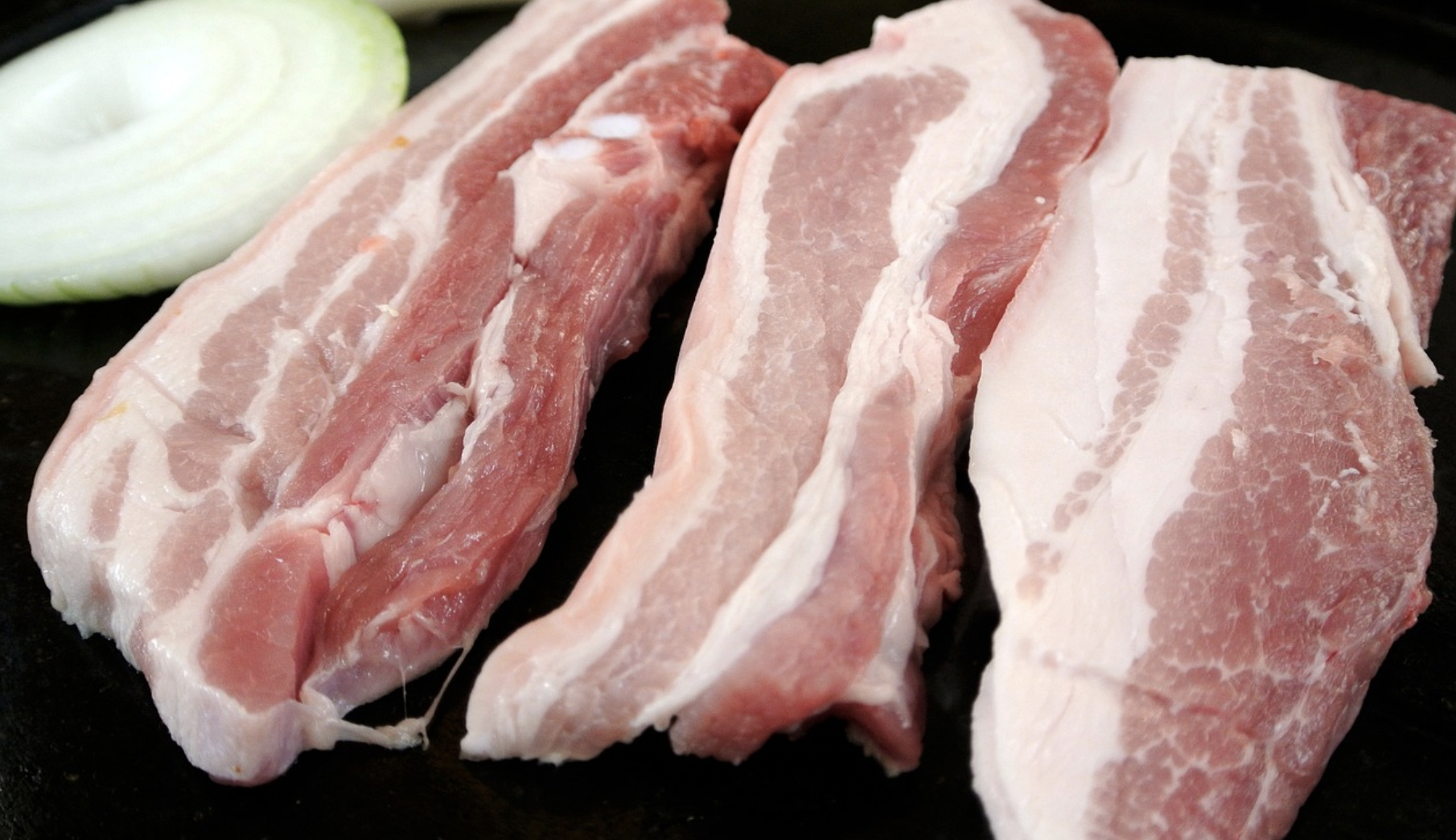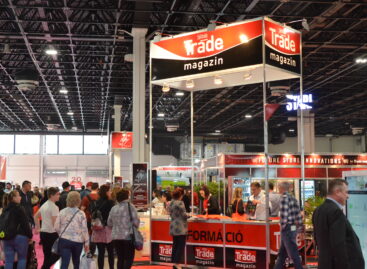Meat continues to become more expensive: a Hungarian farmer loses HUF 50-100 for each kilogram of pork produced
The spread of African swine fever (ASP), the decrease in global production, the coronavirus epidemic, the drought, and then the wartime sanctions did not do the meat market any good either: currently, a domestic farmer loses HUF 50-100 for each kilogram of pork produced. All this means that the price of meat in Hungary will continue to rise in the near future.

Customers must pay the extra expenses
“There is no such thing as not validating price increases, or not passing them on to customers and consumers. If we don’t do it, then the store can be closed in a short time. Unfortunately, nowadays we have reached the point where the big producers of energy-intensive products are closing down one after the other. Bakeries, restaurants, dairies, slaughterhouses, and outdated livestock farms are pulling down the shutters one after the other. And winter is just coming! It is the task of banks and financial institutions to provide additional resources, and it is ensured by the increase in the outstanding balances of businesses”
– says Zoltán Kulik, CEO of Vitafort Zrt., in an interview with Haszon.hu.
“These changes actually started 3-5 years ago, so the current events could not (should) have caught the market players by surprise. Let’s just remember! In 2017, 20 percent of the world’s pig population was culled due to African swine fever. In this there was a worldwide price increase of vitamins (price increases of 300-700 percent). The tariff war between China and the USA came. The Covid-19 epidemic began in 2019. Last year, the price of crude oil rose drastically. This year, the Russian-Ukrainian war added to all of this. Finally, but not least there is the drought of 2021 and this year. This is why they say that trouble does not come alone…”
– adds the facts.
Related news
Inflation has dropped significantly, a cycle of interest rate cuts may begin, while gold soars
🎧 Hallgasd a cikket: Lejátszás Szünet Folytatás Leállítás Nyelv: Auto…
Read more >Related news
Spring whirlwind at the 60th anniversary EuroShop trade fair
🎧 Hallgasd a cikket: Lejátszás Szünet Folytatás Leállítás Nyelv: Auto…
Read more >The economic sentiment index deteriorated in the euro area and the EU in February, but improved in Hungary
🎧 Hallgasd a cikket: Lejátszás Szünet Folytatás Leállítás Nyelv: Auto…
Read more >









